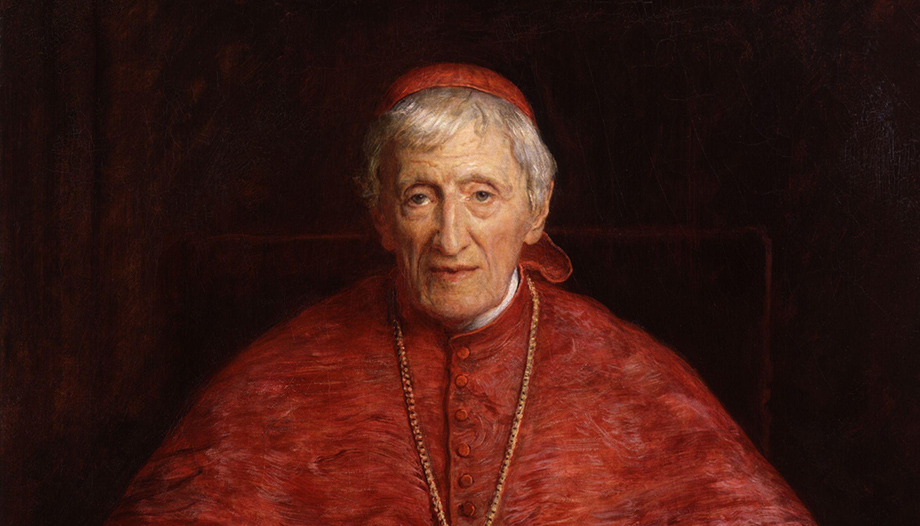In a decision of great significance for the universal Church, Pope Leo XIV has officially approved the conferral of the title of Doctor of the Church on St. John Henry Newman, the eminent British theologian, philosopher and cardinal. The decision was communicated on the morning of July 31 following a private audience between the Holy Father and Cardinal Marcello Semeraro, Prefect of the Dicastery for the Causes of Saints. The recognition follows the favorable opinion of the Plenary Session of Cardinals and Bishops of the aforementioned dicastery,
St. John Henry Newman, born in London on February 21, 1801 and died in Edgbaston on August 11, 1890, was initially an Anglican pastor before his conversion to Catholicism in 1845. Founder of the Oratory of St. Philip Neri in England, he was created a cardinal by Pope Leo XIII in 1879. His spiritual and intellectual legacy has profoundly influenced the modern Church, especially on issues such as conscience, doctrinal development and the relationship between faith and reason.
With this proclamation, Newman becomes the 38th Doctor of the Church, joining a select group of saints whose teachings have been recognized as particularly enlightening for the Catholic faith throughout the ages. The official proclamation ceremony will be announced in the coming days.
Newman Profile
Two years ago, Spanish theologian Juan Luis Lorda published a text in Omnes on the figure of Newman and his influence. According to Lorda, "the most important thing about Newman is that he is a convert", not only because of his passage from Anglicanism to Catholicism in 1845, but also because his whole life was a "life of constant conversion, in search of the truth that is God". From his childhood, the theologian explains, Newman felt guided by the light of that truth, which led him to "pray, to serve the Lord, to be celibate, to be an Anglican minister" and to undertake a profound spiritual and intellectual renewal in Oxford.
Although today, out of ecumenical sensitivity, it is preferred to speak of "reaching full communion", Lorda insists that his spiritual journey retains all the strength of an authentic conversion, in the style of the great saints of the Christian tradition.
Newman's theological greatness lies in the fact that "his reflection is so markedly linked to his life," which gives it a singular value and an authenticity that is difficult to match. His ideas on faith, conscience, the relationship between faith and reason, doctrinal development and the role of the Church in history are not mere academic speculations, but the mature fruit of a personal journey in which study was always "a form of search for truth".
For Lorda, his most emblematic work is the Apology pro vita suawritten to defend his intellectual and spiritual honesty upon his conversion to Catholicism. "His spiritual itinerary, magnificently narrated, has an extraordinary value for all the themes that have to do with faith, conscience and the credibility of the Church," he affirms. He does not hesitate to situate it "in the wake of the Confessions of St. Augustine", for its depth and its power to challenge.
In Omnes we have published numerous articles on Newman's thought, including:
John Henry Newman, a saint for our time. Sergio Sánchez Migallón.
The influence of John Henry Newman. Juan Luis Lorda.
Newman's spiritual crises. Pedro Estaún.
Holy priests: Saint John Henry Newman. Manuel Belda.
Interview with Jack Valero, spokesman for Newman's canonization.
Pope Francis and Newman's ideas for sharing the faith. Rafael Miner.
Luther, Kant and St. John Henry Newman. Santiago Leyra.








